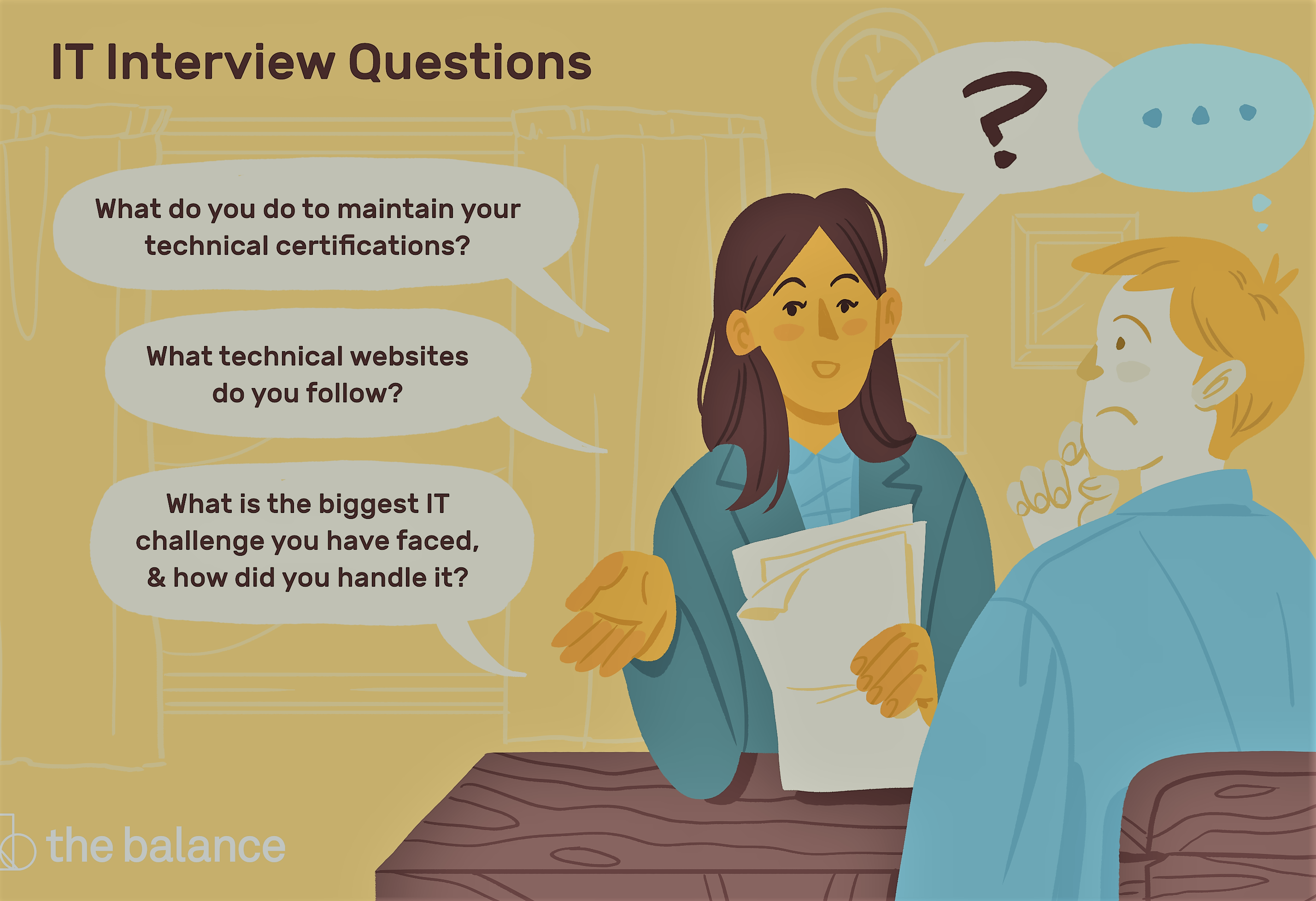The Interview Process
The Interview Process is an interim procedure for recruiting new staff. The interview process usually involves drafting job descriptions, uploading job descriptions, arranging interviews, performing interviews, conducting personal interviews, monitoring applicants, and hiring.
The Interview Process Steps & How to Improve Them
There is a lot of discussion about how to develop the interview process among business professionals. And enhancing, we say recruiting and hiring better. One idea is that more hard work interviews lead to better work matches—but does that? It’s happening, yeah. Applicants who undergo a robust series of interviews also feel that the company enjoys selecting people who are good for the job and atmosphere of the company.
Would you like to enhance the interview with your company? Here are several steps to take into account when structuring the interview.
The Phone Screener
Telephone interviews are easy for job-seekers to watch. In just a few fast questions, you can screen an applicant to analyze to make sure it suits skillfully before you decide to spend more time with them. At this point, you can work on high-level issues and ensure that they fulfill the role’s requirements.
The Interview Process Skill Test
Find the right person for and position and help hire individuals who can improve creativity, efficiency, user loyalty, and income. Behavioral questions are a must for all. Determine the test goals such as personality, beliefs, abilities, etc., and determine how to move or exclude applicants depending on their findings.
The In-Person Interview
You already know that the applicant is usually well suited to play the part at this point in the interview process, so it is time to discuss the cultural match and working styles further. See, for example, if you can understand the motivation behind an applicant, what attracted them and how he/she is working with a team.
The Group Panel
By visiting a number of individuals, applicants get an overview of society and the work itself and a deep feeling towards teammates as employees of the workplace seeker’s contribution. Be sure you prepare the job description and the applicant’s resume for interviewers. Don’t neglect to classify the leader and delegate tasks on the basis of work purpose and/or skills to each interviewer.
The Candidate Presentation
During the introduction of a job seeker team members will get a sense of contribution, qualifications and personality. However, you must still be aware of the candidate’s subject matter and set goals for assessing the presenter along with the team. And don’t hesitate to request input via a scorecard or post-panel feedback.
By applying more hoops to applicants increases the challenge perceived by work interviews, it also slows the recruiting process — leading to expensive delays in hiring and losing candidates. It is vital for employers to be confident that each screen helps to find good applicants, which not only makes interviews tougher without any compensation, before applying additional layers to the interviews.
Great Interview Questions to Ask Candidates
Are you fighting to ask the candidates interview questions? These questions help you quickly select the best talent:
• What do you and the business draw most?
• What was your last job’s best thing?
Tell me of a time when you’ve had a hard time dealing with a partner. How have you answered the challenge and learned from the experience and how? What was the problem?
What is your growth, deficit, or distance in your career? How did you identify it and how did you develop it?
What are the two best achievements of your career? Tell me about them. Tell me about each of them. What do you have to resolve or improve?
Conclusion
Finding applicants with the correct experience and ethos would be of value in the short and long term to resolve weather challenges, handle uncertainty, cope with uncertainty, work in a team for positive outcomes and show resourcefulness. The recruitment approach for glass doors is ideal for attracting high-quality applicants for more productivity in your interview process. After recruiting top-quality applicants, a little preparation is needed — deciding what kind of interview you are using, what questions you have to ask, and who is going to ask them — but it pays off high.
